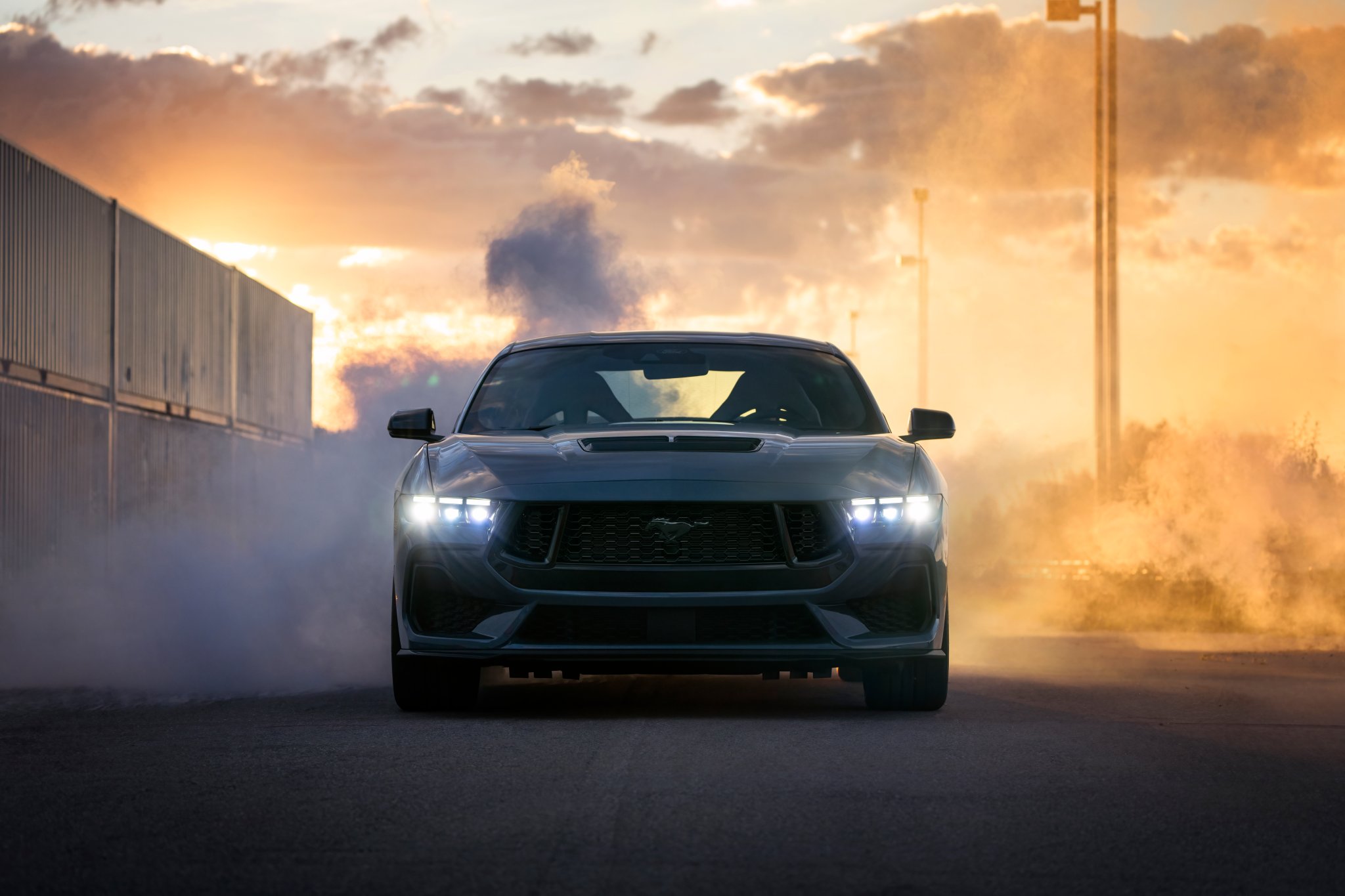

Name a type of car people want to buy. More specifically, what kind of powertrain are consumers interested in purchasing? Survey says! A standard gas-powered car. Even if costs and features between ICEs, hybrids, and EVs were equal, fossil fuels remain the favorite.
According to a recent study by KMPG with extremely predictable results, 38 percent of respondents still prefer a traditional gas engine when making a vehicle purchase. Hybrids were a close second at a 34-percent take rate, while EVs took third with only 21 percent of the vote. Five percent were undecided, and three percent simply didn’t care. They’re just happy to have a car.
Either way, can we say it louder for auto execs and policymakers in the back? I’m not sure they can hear much behind all the red tape and regulations.

Okay, the fine print says this was a first-time study, conducted in April of this year, and only 1,100 people were surveyed nationwide (based on 2020 U.S. Census Bureau demographics). When you consider that the U.S. population is 335 million, a thousand folks is the sample size equivalent to a speck of a speck of a speck. And, yet, the KPMG American Perspectives Survey is representative of what’s happening in the market.
There was a first-quarter doom and gloom perception of EV sales tumbling, but we found that it was really just Tesla sales being as volatile as Elon’s temper. Everyone else is doing mostly fine. But are other car brands selling well because consumers want EVs or because that’s all automakers are offering?
Years ago, many OEMs touted plans of going all EV or having fully electrified lineups by 2030 or 2035… or maybe it’s 2040? Fast-forward to today and you’ve got GM and Ford backtracking a bit, making announcements to re-add hybrids into the mix. While they were doing that, Toyota, Mazda, and Subaru combined forces to begin developing a new ICE. Yup, brand-new engines that can’t get enough of dead dinos.
If anything, the KPMG study highlighted the disconnect between shoppers and sellers. The EV and hybrid preference, of course, is West Coast-heavy. In the Midwest and Northeast, standard gas-only cars were the top choice for 40 and 37 percent, respectively.

When it comes to charging, 60 percent said they wanted to wait no more than 20 minutes for an 80-percent charge. Only 41 percent of execs felt the same. I’m gonna guess Ford CEO Jim Farley isn’t part of that group. He famously posted that “charging can be a challenge” during his Route 66 road trip in an F-150 Lightning.
KPMG U.S. Energy Sector Leader Angie Gildea posits, “Consumers are comfortable with what they know—right now, that is renewables and fossil fuels.” She adds, “While this may sound like a paradox to some, it points to the messy reality that is the energy transition.”
Gildea goes on to stress the importance of education in order to get consumers on-board as well as further bringing costs down. Without the $7,500 federal tax break and other local incentives, EVs remain out of reach for many consumers—even if they do want one.